Reading skills improvement Reading Worksheets for Ages 5-8
6 filtered results
-
From - To
Enhance your child’s literacy with our Reading Skills Improvement Worksheets, designed for ages 5-8. These engaging printables focus on key reading skills, including phonics, vocabulary development, and comprehension. Each worksheet offers a variety of fun activities promoting active learning, making it easy for young learners to boost their reading proficiency. Tailored to fit various skill levels, our resources support educators and parents alike in fostering a love for reading. Whether at home or in the classroom, these worksheets provide valuable practice to ensure your child’s reading journey is enjoyable and effective. Unlock their potential and ignite their passion for books today!
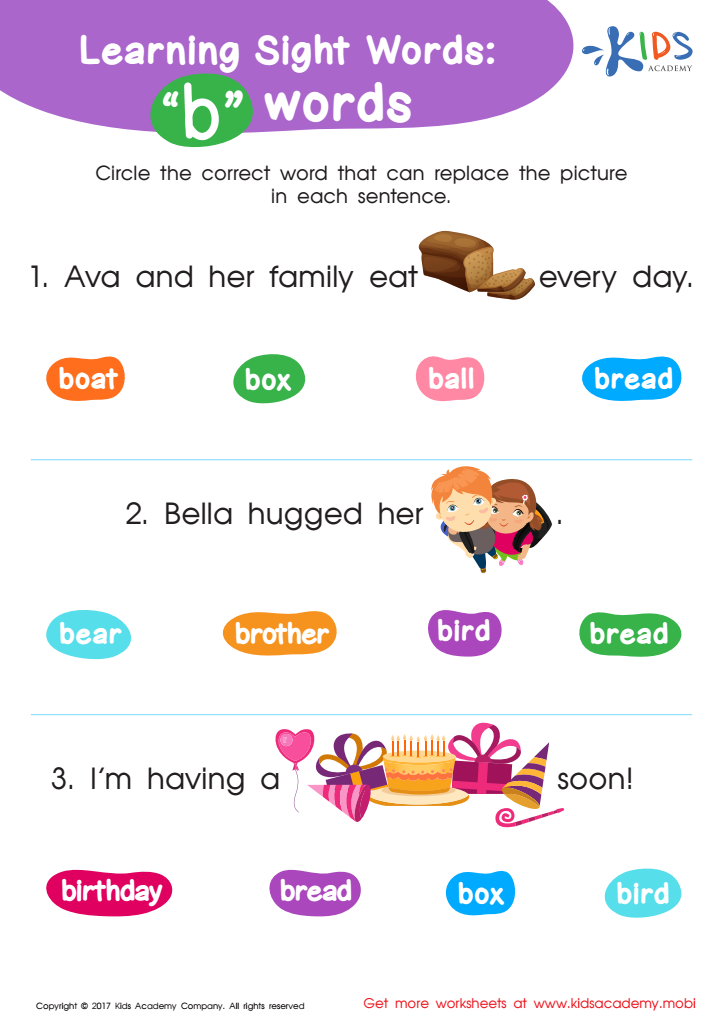

Sight Words Free Worksheet – B Words
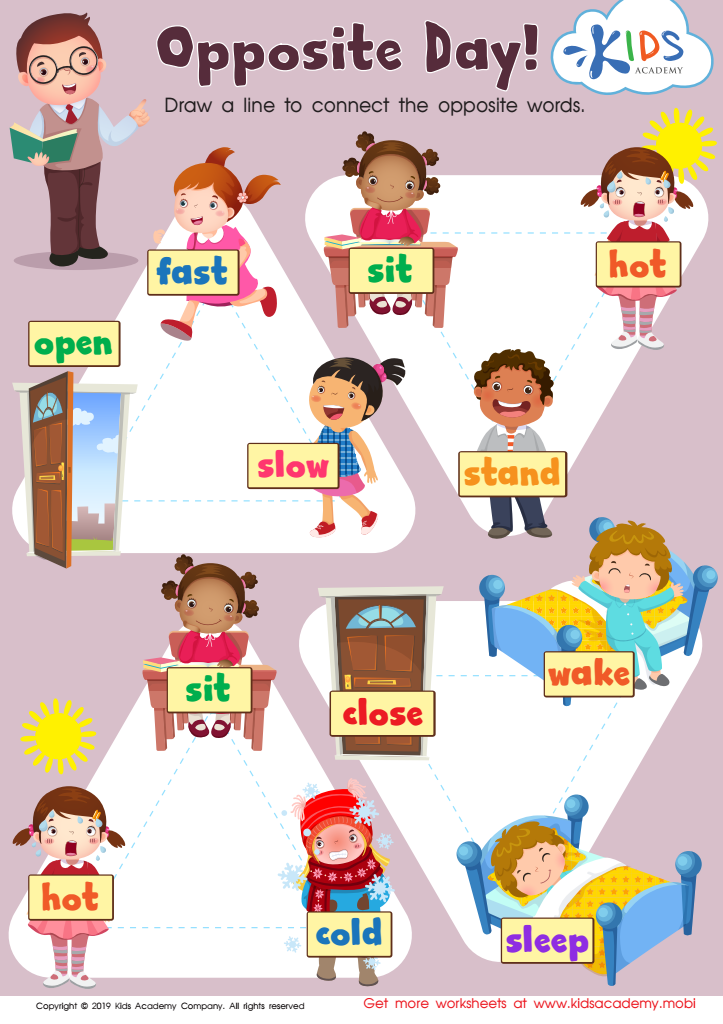

Opposite Day Worksheet
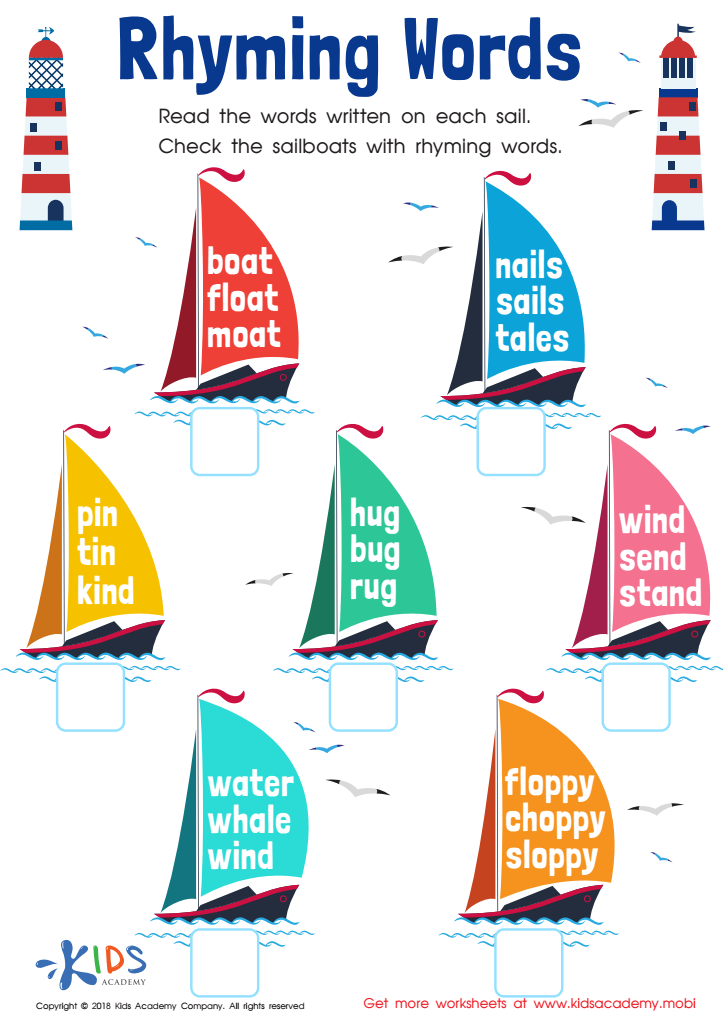

Rhyming Words Worksheet
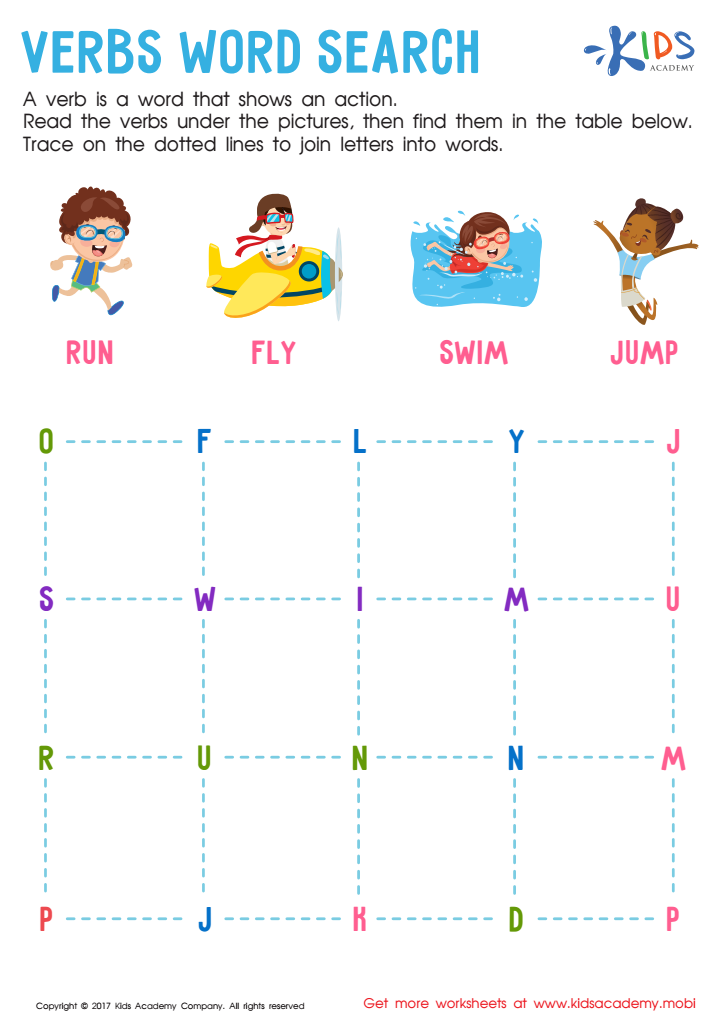

Verbs Word Search Worksheet
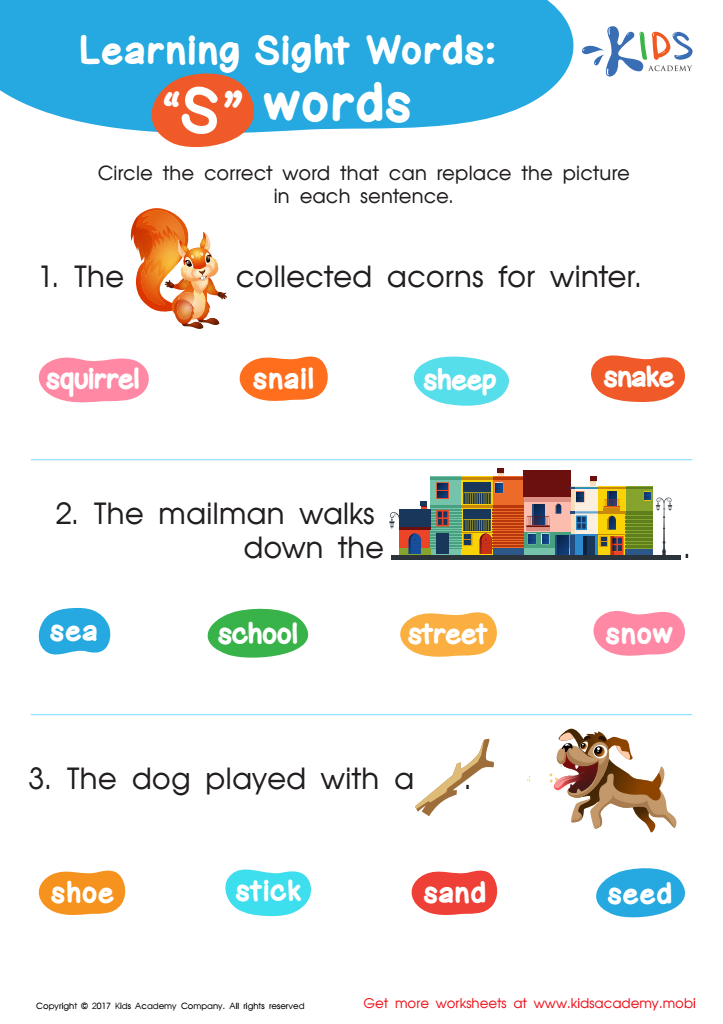

S Words Sight Words Worksheet
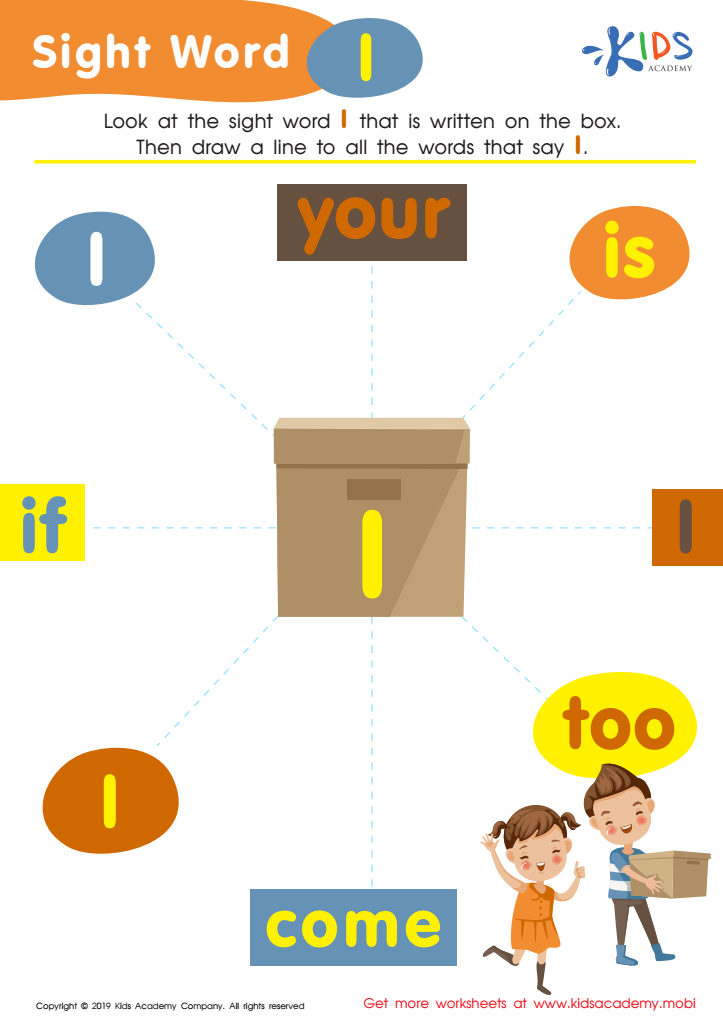

Sight Word I Worksheet
Improving reading skills in children aged 5-8 is crucial for their overall development and future success. At this stage, children are laying the foundation for learning, and strong reading abilities greatly enhance their intellectual growth and academic performance. Reading skills not only support literacy in other subjects but also cultivate critical thinking and comprehension skills, allowing children to make sense of the world around them.
For parents and teachers, engaging with children’s reading development fosters a love for learning and exploration. Reading aloud with children enhances vocabulary and language skills while creating bonding opportunities. Teachers play a pivotal role by providing varied and engaging reading materials that cater to different interests and reading levels, motivating children to practice regularly.
Additionally, children with strong reading skills tend to exhibit higher self-esteem and confidence in their academic abilities. These skills can prevent future educational challenges, create lifelong learners, and enhance social interactions as reading unlocks new ideas and perspectives. Ultimately, prioritizing reading skill improvement in early childhood sets children on a successful trajectory, equipping them with the necessary tools for navigating an increasingly complex world.
 Assign to My Students
Assign to My Students





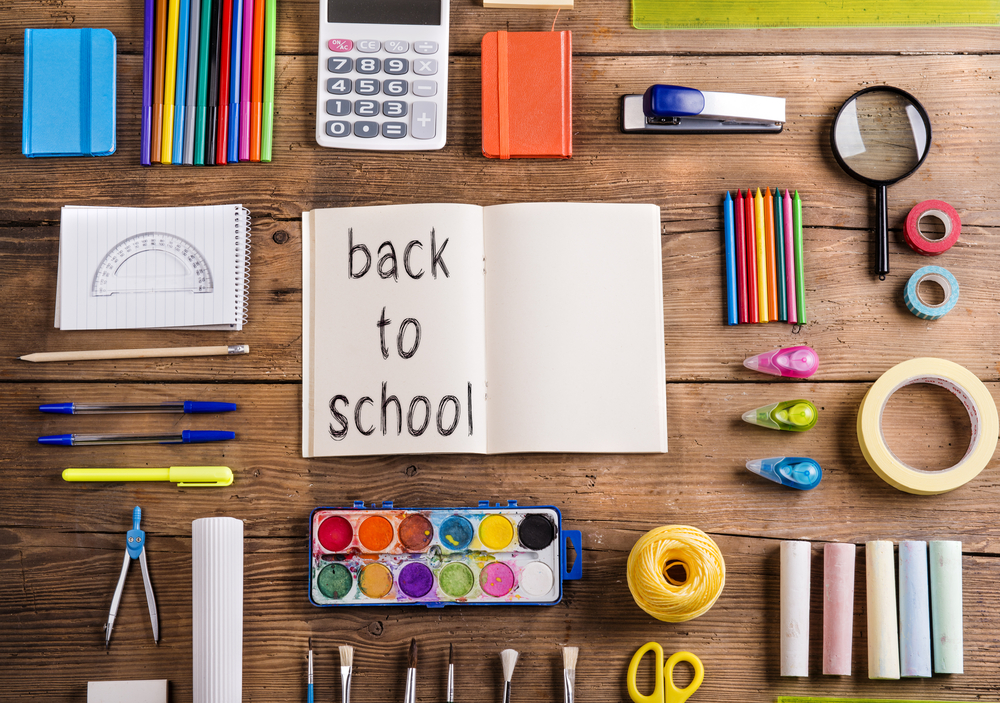
.jpg)














